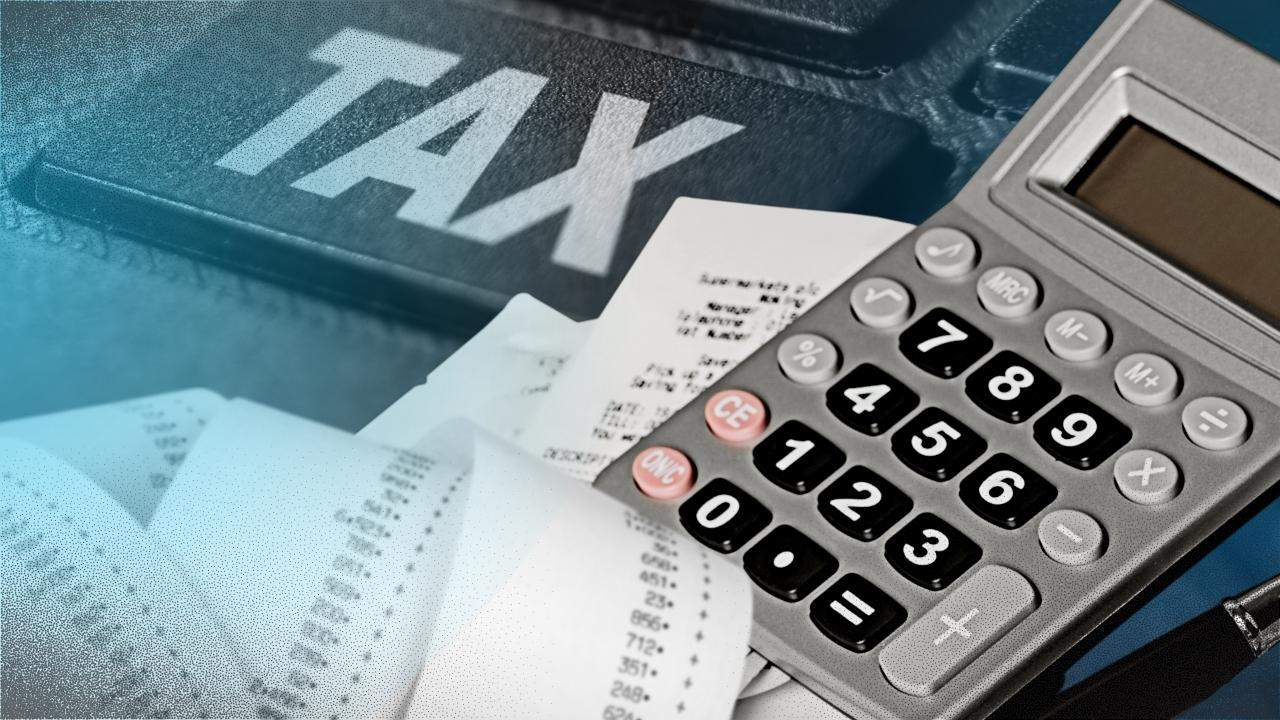New taxes won’t jack up inflation, says economist
Creating new taxes won’t stoke inflation as Finance Secretary Ralph Recto claimed, an economist says, adding that fresh and additional imposts could instead do the opposite by tempering demand on certain goods and services.
“New taxes do not lead to inflation. These reduce aggregate demand by decreasing disposable incomes, and in the process exert a downward pressure on overall prices,” says Leonardo Lanzona, economist at Ateneo de Manila University.
“While firms can transfer their taxes to consumers, household expenditures are still going to be the same. So consumers will rearrange their consumption patterns, possibly spending more on lower priced products,” Lanzona adds.
Recto, who took the finance portfolio on Jan. 15, says the plan to raise the target revenue of P4.3 trillion this year is to “collect what’s on the table” and not burden Filipinos reeling from high prices with new consumption taxes.
He will still pursue some of the tax reforms proposed by his predecessor, Benjamin Diokno, but would tweak and “temper” them.
Latest Treasury data show government debt, as a share of the economy, eased to 60.2 percent as of third quarter of last year, with the state saying it’s on track to fall below 60 percent before 2025.
But Ateneo’s Lanzona says banking on a more efficient collections system might not be enough to manage a debt load that ballooned to P14.51 trillion as of Nov. 2023.
“Since only P670.5 billion of the country’s budget is allocated for the debt burden, it would seem impossible to manage this debt just by improving collection efficiency,” he says.
For Ruben Carlo Asuncion, chief economist at Union Bank of the Philippines, making the economy grow faster is the best way to cut debt. This can start with the Bangko Sentral ng Pilipinas by bringing down borrowing costs, he says.
“At this critical juncture and the need for an improved fiscal standing looms larger than ever, we cannot expect much push from the fiscal side. The policy ball is largely on the court of monetary policy where cutting the key interest rate is paramount,” Asuncion says.

